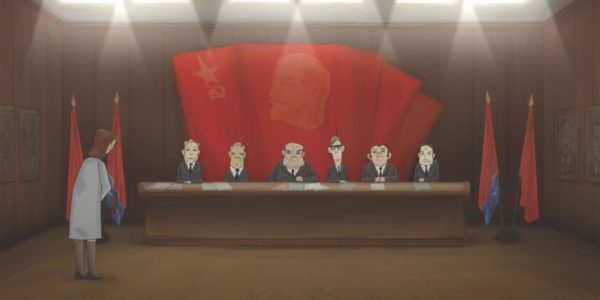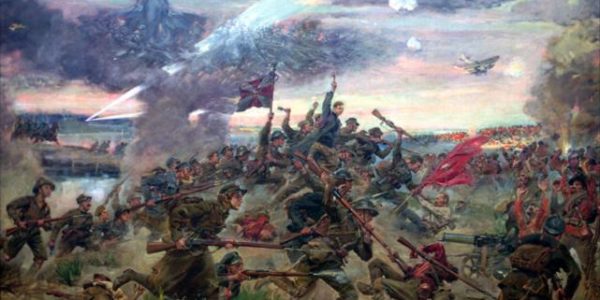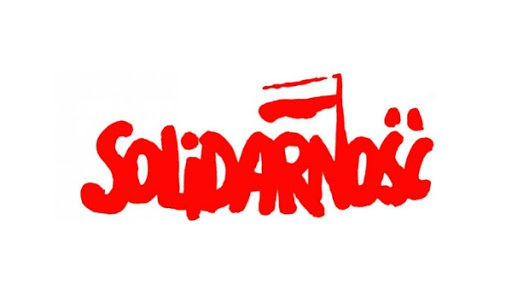Review of: Raymond Aron, The Opium of the Intellectuals (1st publication in French, 1955)
Patrick van Schie
Nowhere in Western Europe have intellectuals been so fascinated by communism and the Soviet Union as in France. It was therefore appropriate that 65 years ago – in 1955, in the midst of the Cold War – one of the few liberal thinkers in France, Raymond Aron, attempted to explain this phenomenon. Why did the leading intellectuals in France blame the West with all its freedom from which they themselves so lavishly benefited, and why praised the system behind the Iron Curtain that, had they lived there, would have guaranteed them to be locked up in camps for similar criticism?
Aron had two left-wing intellectuals in mind in particular: Jean-Paul Sartre, who is still famous among many, and Maurice Merleau-Ponty, a philosopher that is almost forgotten today. Both were not members of the French Communist Party but voted for it. Both were existentialists as philosophers – their attention focused on the individual, his authenticity and his fate – but they saw meaning in the collectivist Marxist discourse of the inevitable victory of the proletariat and the advent of a communist society. In their wake, many intellectual types thought they were hip at the time by flirting with communism.
In his analysis, Aron also included the situation in other countries, in particular Great Britain, the United States plus some major Asian countries (Japan, China, India). Not everywhere intellectuals were equally enthusiastic about communism. In addition to some factors that made intellectuals everywhere seem extra sensitive to the “temptation” of the seemingly all-encompassing doctrine of communism, Aron pointed to factors that were particularly relevant to France.
Two of the latter factors stood out. The French take ideas more seriously than the more pragmatic Anglo-Americans, because the French see their ideas (from the French Revolution) as their special contribution to the world. The less practical ideas are, the more interesting the French find them, Aron noted. In addition, the ideological struggle was all the more fierce in countries of the second rank, and especially in those countries that could not accept the fact that their glorious times were over. Aron certainly did not spare his own country, we see.
In the 20th century, the Left gave the ideas of the French Revolution a very different meaning than those ideas originally had, Aron thought. Thus Reason was replaced by the myth of the Revolution. And an eye for equality was replaced by the myth proletariat being placed on pedestal. But: purely as an idea. In reality, the fate of the workers did not interest the intellectuals at all. A worker in Detroit was by definition seen as “exploited” even though his circumstances were in every way much better than those of the worker in Kharkov, who was by definition not considered exploited but “emancipated”. Even though the worker in Kharkov had no right to a free trade union and ran the risk of being sent to a camp in Siberia just like that. This pattern was always used by the left-wing intellectuals who praised communism. “Those who demand freedom for the peoples of Asia and Africa, but not the Poles and East Germans, are they men of the left?” Asked Aron.
Workers in the West were not in as a bad shape in 1955 as they were in the 19th century, and what apparently for many left-wing intellectuals was difficult to accept was that workers had become better off, not along the path predicted by Marx, but in the capitalist system. And then their situation was the best in the United States. The French intellectuals hated the US because the US, instead of France, was now the leading nation. The American workers were satisfied with their prosperity and with the (by the intellectuals) detested mass consumption. That is where the solidarity of these intellectuals with the workers ended. They did not share the values of the common workers at all, but looked down on their materialism. On the banks of the Seine, intelligentsia craved for recognition for their ideas, which was by definition exclusive and, Aron wrote, “aristocratic’’.
For intellectuals, the real emancipation of the worker in Britain or Sweden is as boring as an English Sunday school, says Aron. Revolution, salvation had to come from that. Not from reforms within the existing system. That revolution, preferably elsewhere, was presented by the pro-Marxist intellectuals as something heroic. But, Aron countered, “Revolutionary power is by definition a tyrannical power. He works with disdain for justice, and expresses the will of a minority. “In addition, the tyrannical phase is always portrayed as temporary, but you will never get rid of it. “Revolution and democracy are contradictory concepts.”
The Marxist intellectuals in Paris saw the revolution as an escape from the mediocre “bourgeois” existence, from their own safe study rooms. But there is nothing attractive about revolution. Oddly, however, Aron noted: “Although the romance of the war is buried in the mud of Flanders, the romance of the Civil War has succeeded in the dungeons of Lubyanka [the KGB prison in Moscow; PvS]. Sometimes you wonder whether the myth of the Revolution can be distinguished from the Fascist cult of violence. ”
Aron devoted about one-third of his book to the rejection of the notion that history has a purpose, and especially the Marxist belief in the ultimate goal of a classless society after the great Kladderadach [Marx’s revolution; PvS]. Here is clearly visible the influence of Karl Popper, a friend of Aron’s who had rejected this belief in a historical purpose ten years earlier in his book The poverty of ”historicism”. From Popper therefore comes the concept of historicism “adopted by Aron,” which was (or is) popular not among historians but rather among (numerous) social scientists and philosophers: the idea that “history” is moving towards a certain end point. Marxism was, according to Aron, secular doctrine of redemption. Individuals can set a goal in their (own) life, history as such has no goal. “A false philosophy of history only breeds fanaticism.”
The intellectuals who admired communism liked to enact the myth of the proletariat, but – as we have already seen – had little to do with real workers. They lacked class consciousness, as Lenin had stated. That is why the leader of Russian communism had designated the party as “the vanguard” of the revolution. The proletariat itself was thus ignorant of its historical mission, but “fortunately” the party had acquired this wisdom. This construction, Aron explained, led to the perverse conclusion that anyone who made a different note about this mission, as determined by the party leadership, was a traitor to the proletariat. Even though the dissident reaction may have come from a worker, while the party leadership consisted of (self-appointed) intellectuals. In a communist system, the party cannot make a mistake. “The true communist is the man who accepts the entire Soviet system as dictated by the Party. The true “Westerner” is the man who simply accepts nothing from our civilization except the freedom that allows him to criticize it and give him the chance to correct it. ”
Aron’s 1955 analysis of what moved the followers of communism was not entirely new. Long before his book was published, communism had been referred to as a new, secular faith. And as early as the 19th century, some thinkers believed that educating people academically without sufficient employment for them entailed the risk of the emergence of a disaffected class of ‘intellectuals’ who expressed a sense of disregard for the existing system and would turn against it. Still, Aron’s book was welcome in the far-left intellectual climate in France in the 1950s and also brave.
That still does not make it understandable that some people believe that (other) people may be sacrificed for a canonized “higher” purpose. Or that they are blind to the dangers of concentration of power. And worse, that they look away from the crimes committed by totalitarian regimes, or even justify those crimes.
Unfortunately, this phenomenon has still not disappeared. With all the injustice that the ultra-left likes to denounce, they are silent about the large-scale crimes committed by the communist regimes in China and North Korea. Latin America was once popular in leftist circles as an alleged victim of US imperialism, but now that the then acclaimed “freedom fighter” Daniel Ortega has emerged as the president of Nicaragua as a cruel dictator, these circles are quiet. Nor is there any attention to the fact that Venezuela, once the richest country in South America, has fallen into the poorest country on the continent under a quarter of a century of communism; it is now in massive famine.
Thus, on the far left of the political spectrum, crimes committed by communist regimes are still being brushed off or justified. What ‘s more it is necessary to continue to focus on the suffering that communism, once in power, invariably causes among ordinary citizens.




Follow Us!